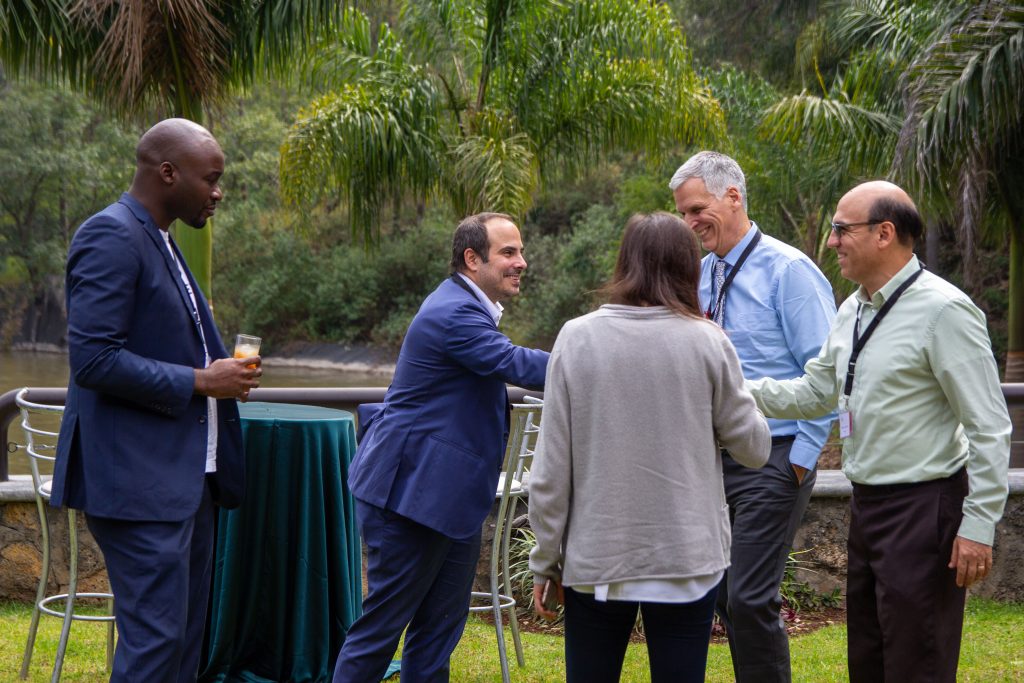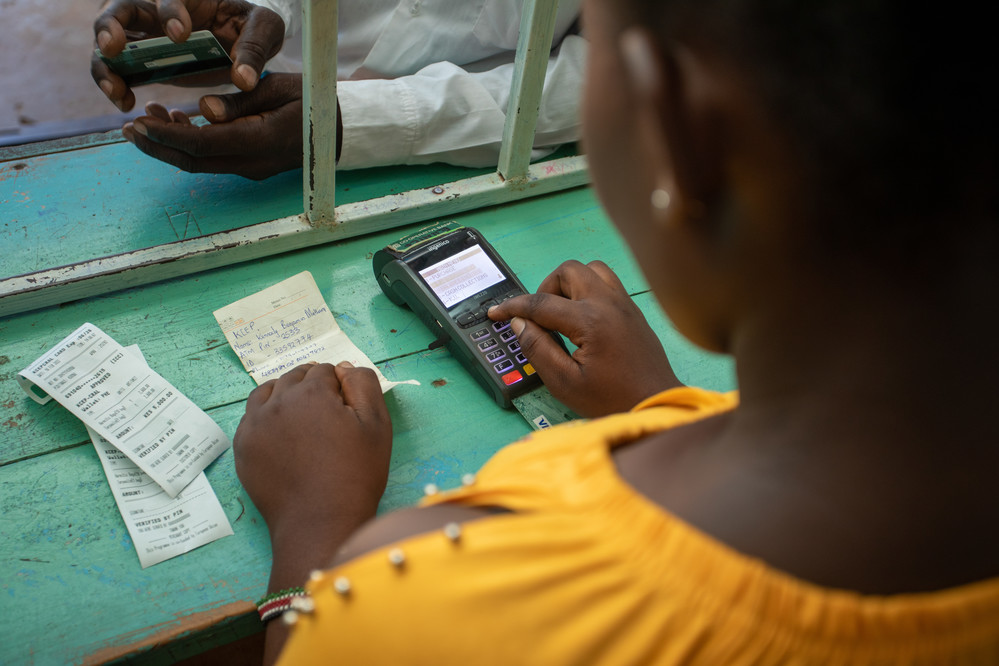Perspectives is a series that highlights emerging issues in the area of agri-SME and smallholder finance from the perspective of practitioners and thought leaders from within and outside the SAFIN Network. In this interview, Mashrur Shurid, CEO of iPAGE – an agritech company in Bangladesh – talks about the impacts of the war in Ukraine on agritech companies in South East Asia and their access to finance.

Photo: IFAD/Ishan Tankha
Please tell us about iPAGE and the work you do there.
Integrated Precision Agriculture & Engineering, or iPAGE for short, is an agritech company based in Bangladesh that started its journey in 2018. We started iPAGE to respond to the disconnected agricultural market systems in the country, where historically there has been a lack of reliable, actionable data on small farmers and other players across agricultural value chains.
We adopted a holistic view of the agricultural ecosystem to understand the real-time data needs that can address issues related to supplying inputs, assessing risks, mechanization, market access, and others. Through our data, we help farmers better understand their soil and weather conditions for more efficient production, and connect them to input suppliers and finance providers. Our data help other stakeholders understand the farming practices, input and financing needs of farmers in their supply chains. In 2019, we piloted iPAGE with 50 smallholder farmers, and now we currently serve 7800 farmers in six different districts.
What new challenges has iPAGE experienced since February 2022 when the war in Ukraine began?
The main challenges we have experienced are related to the steep increases in market prices, particularly of inputs like fertilizer. Our core business model relies on a pool of smallholder farmers who regularly access our platform, and other stakeholders who pay for subscription packages to access our data. Prior to the war, Bangladesh sourced almost half of its fertilizer from Russia and imported large amounts of maize from Georgia.
With the importation of these products slowed down, the farmers who use our platform have experienced an increase of 25-30% in input costs alone and have increased the price of their produce as a result. These increased costs, in turn, influence the decisions of the various stakeholders who pay for our data to continue using our platform. At iPAGE, we felt the burn. We were forced to bring down our subscription packages, bringing down our margins per package from 30-35% to 10-18%.
Which opportunities have emerged for your operations due to the ongoing crisis?
iPAGE is turning the challenge of constrained maize imports into an opportunity. Since the war began, we have integrated a contract farming model to our core work, aiming to enable small farmers to grow more maize and link them with local buyers through our platform. We are now working closely with microfinance institutions and non-government organizations in rural areas to empower marginalized farmers to lease land, and with input suppliers to provide inputs at affordable prices through the iPAGE platform.
We have also incorporated a guarantee that locks in competitive prices for local buyers. This is a challenging business model to implement, but we are determined to explore its viability. If well implemented, we can reduce the cost of our field operations and monitor maize production through local NGOs already in rural areas, while providing an affordable, high-quality alternative to local consumers.
How has the ongoing crisis affected your ability to access the finance you need? Have your needs changed?
After the war broke out, the phrase “start-up winter is coming” caught on in Bangladesh. At the time, iPAGE had just launched a fundraising round to raise US$ 400,000, which primarily targeted international venture capitalists. Interestingly, we have been surprised to see that local investors are stepping up to support start-ups in Bangladesh. With more interest from local venture capitalists, international financiers have shown more interest in co-investing in agritech companies like iPAGE. Our financing needs have evolved since we pivoted towards the contract farming model, as we now need more working capital rather than longer-term finance.
In your view, what long-terms impacts will recent economic shocks, from the war in Ukraine to the COVID-19 pandemic, have on the agritech space in Bangladesh and the South East Asia region more broadly?
Following such a crisis, I hope to see a more significant role for nimble agritech players in providing real-time solutions to long-term food security challenges. We provide platforms that connect grassroots level producers to national and even global input suppliers, retailers or manufacturers. We also have reliable data to facilitate transactions among them. In the long term, with multiple use cases in place, agritech companies can engage with governments and regulators to appeal for an environment that facilitates such business solutions. Going forward, I believe agritech companies will be more engaged in knowledge sharing across the region. We need to learn from each other about how to adapt quickly to such rapidly changing contexts.
Mashrur H. Shurid, Chief Executive Officer and Co-Founder, Integrated Precision Agriculture and Engineering (iPAGE)

Mashur is an electronics engineer by profession, an agricultural development enthusiast by passion, and a second-time founder. He also has experience in social development, primarily with youth and rural communities. Mashrur works to enhance regional food security by supporting the development of a resilient agricultural sector through the delivery of data and technology to relevant stakeholders.

